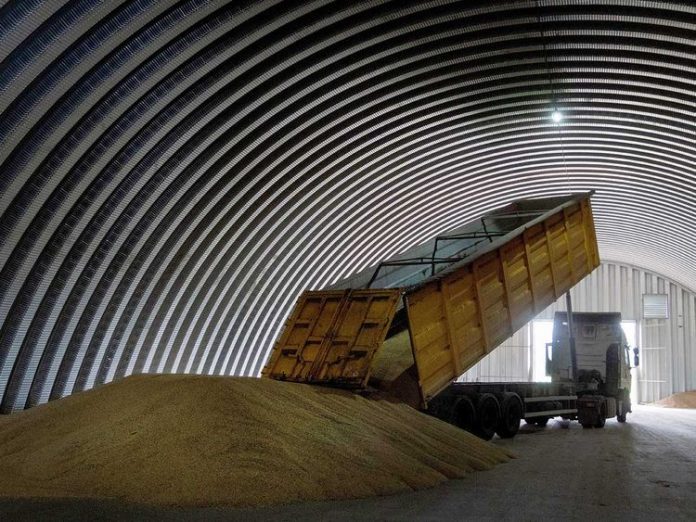Poland, Hungary, and Slovakia have enacted a temporary ban on importing Ukrainian grain products. The move has drawn the ire of the European Union, which has spoken out critically on the announcement, calling it “not acceptable”.
The three eastern European nations have banned grain products due to the cheap, tariff-free imports, undercutting their own harvests and hurting the markets and farmers in their respective nations.
In Poland, especially, the overflow of cheap grain has caused problems for the ruling Prawo i Sprawiedliwosc (PiS) party as the rural population, usually PiS supporters, grows disgruntled during an election year.
Slovakian Agriculture Minister Samuel Vlcan noted that they will enact a ban as well but allow transit of the product, saying, “Poland has adopted very strict bans and we thus had to react to protect the Slovak market in those farm products and foods where we have self-sufficiency. It is a measure for the protection of the Slovak agro-food sector and mainly the health of consumer.”
Bulgaria is also discussing the possibility of temporarily banning grain imports from Ukraine.
After Russia’s invasion of Ukraine blocked some Black Sea ports, large shipments of Ukrainian grain remained mostly in neighboring countries due to logistical constraints instead of being exported to the rest of the world.
Mykola Solskyi, Minister of Agrarian Policy and Food of Ukraine, expressed his irritation at the announcement, echoing the EU’s position.
A European Union spokesperson wrote in an emailed statement prior to the announcement by Slovakia, “We are aware of Poland and Hungary’s announcements regarding the ban on imports of grain and other agricultural products from Ukraine.”
“In this context, it is important to underline that trade policy is of EU exclusive competence and, therefore, unilateral actions are not acceptable.”
“In such challenging times, it is crucial to coordinate and align all decisions within the EU,” the statement added.
The ban is set to last until June 30th.


